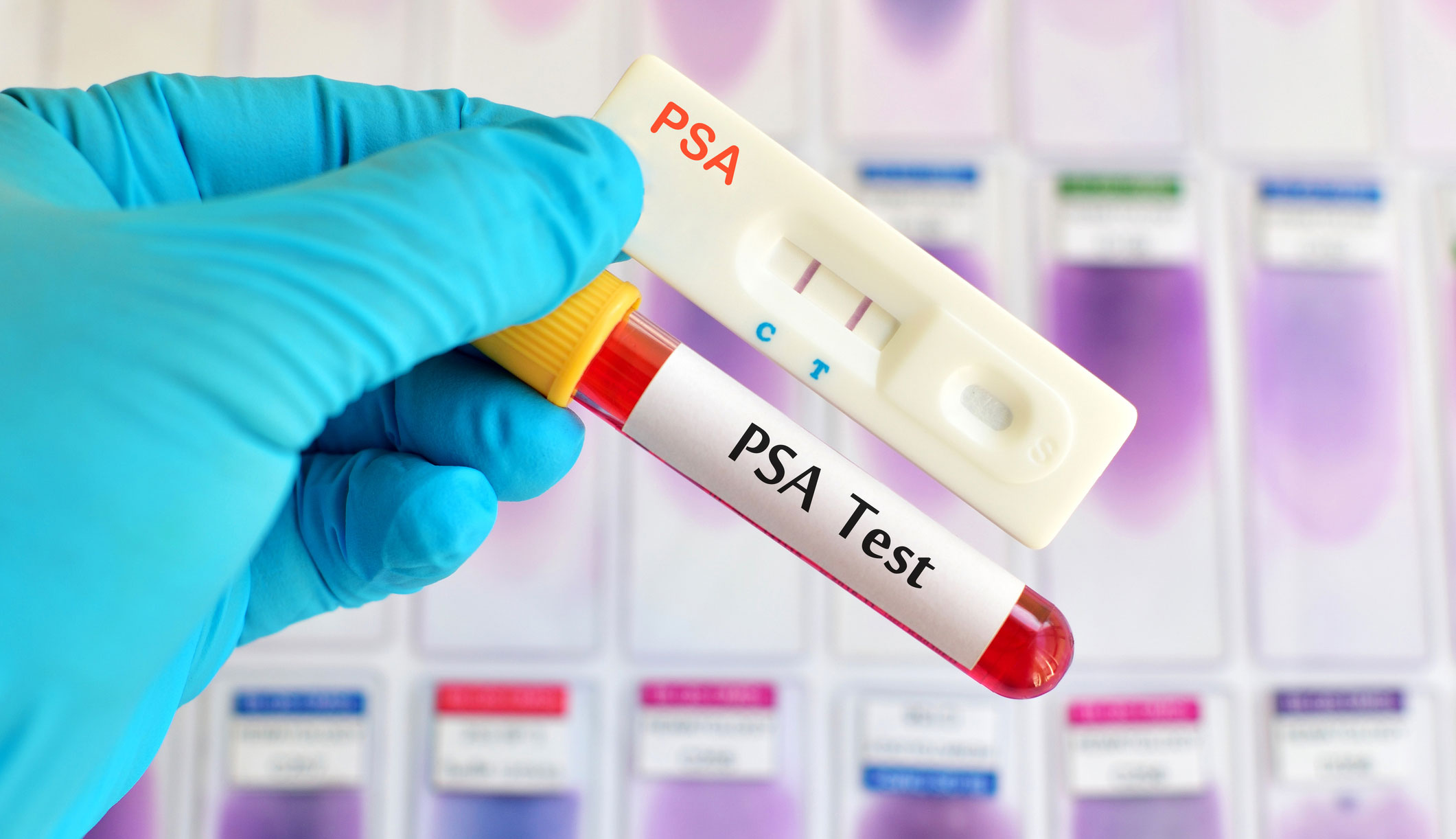What is PSA?
PSA is a protein that is produced by the prostate (only men have the prostate gland). Some of this leaks out naturally into the blood. Serum PSA is an estimate of this protein in the blood.
What raises the PSA level?
PSA is produced exclusively by the prostate, but there is some misunderstanding among some that its level is raised only by cancer of the prostate.
The level of PSA can also be raised by:
infections
prostate biopsies (PSA should not be tested until three months after a biopsy)
having a urinary catheter (a tube to drain urine)
cystoscopy (rigid or flexible)
prostate or bladder surgery (PSA should not be tested until three months after surgery)
prolonged exercise, such as long-distance running or cycling, may in some, raise PSA for up to 48 hours (this may not be clinically relevant)
ejaculation – this may raise PSA for up to 48-72 hours (again, this may not be clinically relevant)
Should I have the PSA test?
This is something your urologist will discuss with you. There are several factors involved in this discussion including:
your age (life expectancy) and presence/ absence of other diseases
what will follow if the PSA level is raised?
Should I undergo TRUS biopsies (see TRUS-PROSTATIC BIOPSY – pt guide) to rule out early prostate cancer?
What would I do if early prostate cancer were to be diagnosed?
Of course, in some patients, the urologist will do a PSA to affirm or corroborate a diagnosis. This is likely to be discussed with you.
PSA is a very complex and controversial topic. Even urologists disagree on several aspects of its use, especially its role in screening for prostate cancer and its diagnostic value in true early prostate cancer. Please consult your urologist for an open discussion.
What are the options after a PSA test?
Your urologist may recommend one of the following:
PSA ‘normal’ for age – may not need any further action. It is then up to you if you want to have a PSA done on an annual basis.
PSA mildly raised – it is likely that you do not have cancer of the prostate, but you may need further PSA testing at specified intervals to see PSA behavior (your urologist may refer to this as PSA kinetics).
PSA significantly raised – it is likely that you need biopsies of your prostate to rule out cancer (TRUS-PROSTATIC BIOPSY – pt guide)
What is the role of PSA after prostate cancer has been diagnosed?
Although PSA is not specific for prostate cancer, it is the best marker we have at present. Once prostate cancer has been diagnosed, the initial PSA at diagnosis serves as an important prognostic marker.
PSA also serves as a marker in the follow-up of the patient once prostate cancer has been treated. Your urologist will discuss this in detail with you including the intervals at which PSA needs to be tested.
To know more about Prostate Cancer see PROSTATE CANCER – pt guide.
